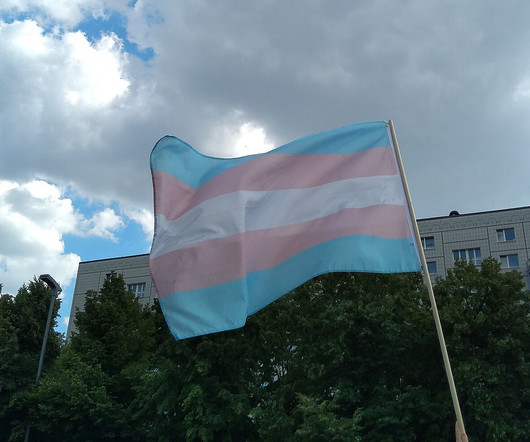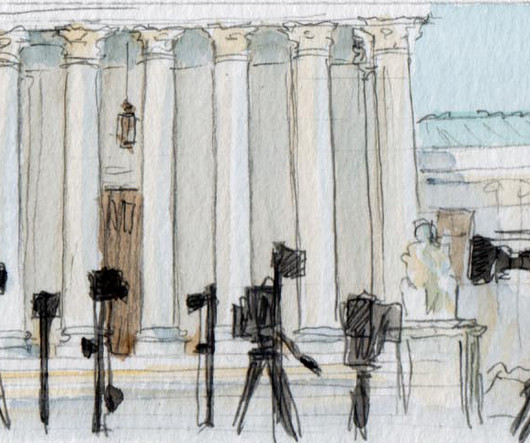Federal appeals court rules professors do not to have to respect student pronouns
JURIST
MARCH 29, 2021
Alabama is on track to pass a bill that would make providing any gender-affirming treatment for transgender youth a felony. Several states are also considering or have recently passed bills that would prohibit transgender youth from playing school sports on teams that align with their gender identity.















Let's personalize your content